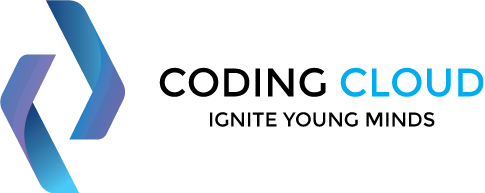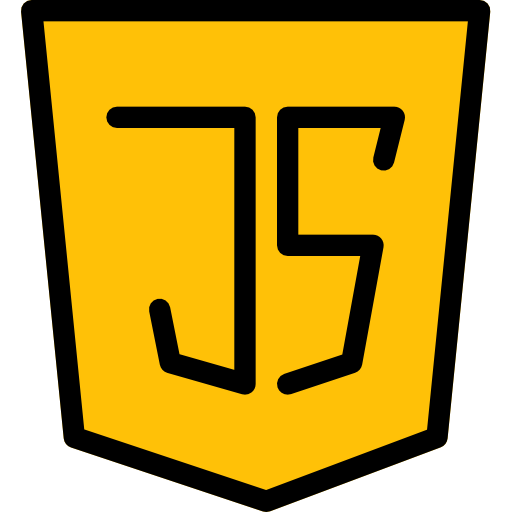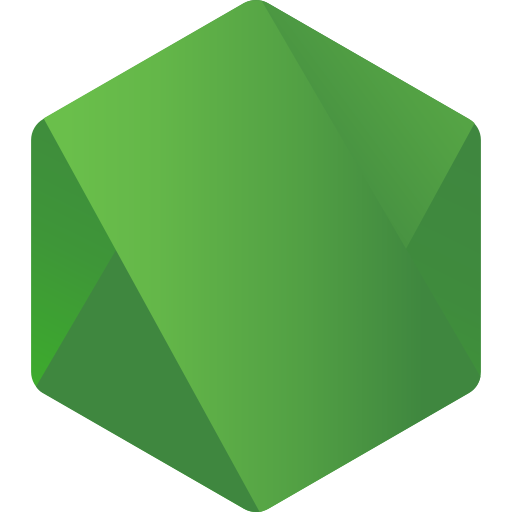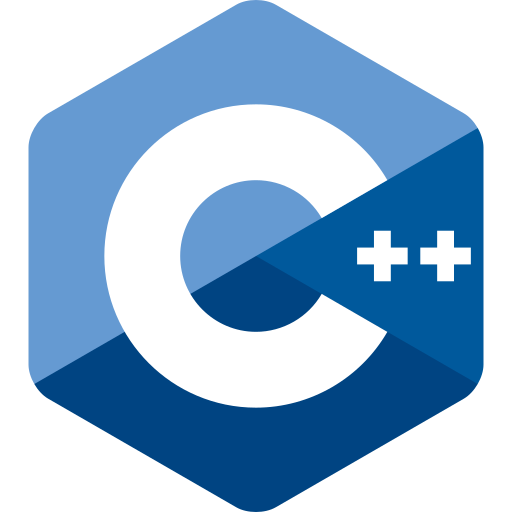
Durations: 40 hours
Lectures: 98
Students: Max 5
Level: All Levels
Language: English
Certificate: Yes
PHP Training Course
Welcome to our PHP Training Course! Our course is designed to provide A PHP training course is a program designed to teach individuals the fundamentals of PHP programming language. PHP is a widely-used programming language for web development that is especially suited for server-side web development.
Download PDF
What Will I Learn?
-
Overview of PHP and its role in web development

-
Setting up a development environment

-
Understanding basic PHP syntax and data types

-
Writing and executing PHP scripts

Course Schedule
-
3 - Months Program

-
5 Sessions a Week

-
1 Hour for Each Session

-
The Next Session Begins Every Monday

ENROLL NOW
Access this course now
Material Includes
-
Certificate of Completion

-
Access on Mobile & Laptop

-
Notes

Audience
-
Aspiring Web Developers

-
Back End Web Developers

-
Interest In Design & Development

-
Anyone Interested In Web Design

Course Content
Introduction To HTML
HTML Document & Page Structure
HTML Headings
Paragraph
HTML Formatting Tags
Attributes - Href, Src, Width, Height, Alt, Title
HTML Links
HTML Images
Line Break
Horizontal Rule
HTML Favicon
Style Attribute
Background Color
Text Color, Fonts & Text Size
Text Alignment
Table
HTML List
Ordered List & Unordered List
Div
HTML Forms & Elements
Text Field & Label Elements
Submit Button
Check Box & Radio Buttons
Drop Down
File Upload
CSS - Introduction & Syntax
CSS Selectors, ID & Class
CSS Styling - Inline CSS
CSS Styling - Internal CSS/External CSS
Styling Text Styling Fonts
Styling Text Alignments
Styling Links Styling Lists
CSS Border
CSS Outline
CSS Margin & Padding Styling Tables
CSS Positioning - Static, Relative, Fixed
CSS Floating CSS Directions
CSS Align
CSS Navigation Bar
CSS Image Gallery
CSS Rounded Corners
CSS Border Images
Background Image
Full-Size Background Image
Multiple Background
Gradients
Multiple - Rainbow Color Gradient
CSS Animation
CSS Pagination
Variables
All Operators
Datatypes
Functions
Objects
Strings
Methods
Arrays Methods
Sorting
Events
If Else, For Loop, While Loop, Switch Case, Break & Continue Statements
Arrow Functions, Strict Mode
Classes, Models, Objects
JS DOM (Document Object Model)
AJAX XML HTTP
jQuery
Overview of PHP & Its Role In Web Development
Setting Up A Development Environment
Understanding Basic PHP Syntax & Data Types
Writing & Executing PHP Scripts
Conditional Statements: If/Else, Switch
Looping Statements: For, While, Do-While, Foreach
Functions: User-Defined Functions, Built-In Functions, Passing Arguments
Working With Arrays: Creating, Manipulating, Sorting
String Manipulation: Concatenation, Substitution, Comparison
Regular Expressions: Pattern Matching, Replacing, Validating
Classes & Objects
Inheritance & Polymorphism
Abstract Classes & Interfaces
Exception Handling
Introduction To Relational Databases
Connecting To A Database Using PHP
Performing CRUD (Create, Read, Update, Delete) Operations
SQL Injection Prevention Techniques
Handling HTML Forms Using PHP
Sessions & Cookies
Sending Email With PHP
File Uploads & Downloads
Creating & Working With Web Services
PHP Training Course Overview
A PHP training course is a program designed to teach individuals the fundamentals of PHP programming language. PHP is a widely-used programming language for web development that is especially suited for server-side web development.
A typical PHP training course may cover the following topics:
Introduction to PHP: Introduction to PHP, its history, and its role in web development.
PHP Basics: Understanding PHP syntax, variables, data types, and operators.
Control Structures: Working with control structures such as if/else statements, loops, and switch statements.
Functions: Creating and working with functions in PHP.
Arrays: Understanding arrays and their role in PHP programming.
Working with Forms and User Input: Processing user input through forms and working with form data.
Working with Databases: Connecting to and working with databases in PHP, including creating and executing SQL queries.
PHP Security: Understanding security concerns in PHP and implementing best practices for secure programming.
Advanced Topics: Working with object-oriented programming concepts in PHP, integrating with other web technologies, and building dynamic web applications.
PHP training courses can be offered in a variety of formats, including online self-paced courses, instructor-led classroom courses, and hybrid courses that combine both online and classroom learning. Upon completion of the course, individuals may receive a certificate of completion or may be eligible to take a certification exam to demonstrate their proficiency in PHP programming.
Read More
What is PHP ?
PHP (Hypertext Preprocessor) is a server-side scripting language that is widely used for web development. It was initially developed in 1994 by Rasmus Lerdorf and has since evolved into a powerful and versatile programming language used by developers worldwide.
PHP is mainly used for creating dynamic web pages, such as online forms, e-commerce websites, and content management systems. It can interact with databases, manipulate data, and generate dynamic content for web pages.
Some key features of PHP include:
Platform independence: PHP can run on various operating systems, including Windows, macOS, Linux, and Unix.
Open source: PHP is an open-source programming language, which means that its source code is freely available for developers to use, modify, and redistribute.
Easy to learn: PHP is relatively easy to learn compared to other programming languages, making it an excellent choice for beginners.
Extensive community support: PHP has a large and active community of developers who contribute to its development, offer support, and create libraries and frameworks to simplify web development.
Compatibility with multiple databases: PHP can work with various databases, including MySQL, PostgreSQL, Oracle, and Microsoft SQL Server.
High performance: PHP is designed to execute quickly, making it an efficient language for web development.
In summary, PHP is a popular and powerful programming language used for web development, with a range of features that make it a popular choice among developers worldwide.
Read More
Career Growth & Demand of PHP Developers in India
PHP is one of the most popular programming languages used for web development in India, and the demand for skilled PHP developers has been growing rapidly. Here are some details about career growth and demand for PHP developers in India:
Salary range: The salary range for PHP developers in India varies depending on factors such as experience, job role, and location. According to data from Glassdoor, the average salary for a PHP developer in India is around INR 4.5 lakhs per annum.
Job demand: The demand for PHP developers in India is high due to the increasing demand for web development services across various industry sectors. According to a report by NASSCOM, the Indian IT industry is expected to grow at a rate of 7.7% in 2021-22, which is likely to increase the demand for skilled PHP developers.
Job roles: Some of the popular job roles for PHP developers in India include PHP Developer, Full Stack Developer, and Web Developer.
Industry sectors: PHP developers are in demand across various industry sectors in India, including IT, healthcare, e-commerce, finance, and education.
Career growth: PHP developers can expect good career growth opportunities in India, as they can advance to senior developer roles, team lead positions, or even move into management positions.
Skillsets: To be successful as a PHP developer, one must have strong knowledge of PHP programming language, MySQL database, HTML, CSS, and JavaScript. In addition, knowledge of PHP frameworks like Laravel, CodeIgniter, and CakePHP can be an added advantage.
Overall, the demand for PHP developers in India is expected to continue to grow, making it a promising career option for those interested in web development. With the right skills and experience, PHP developers can expect good career growth opportunities and attractive salaries.
Read More
